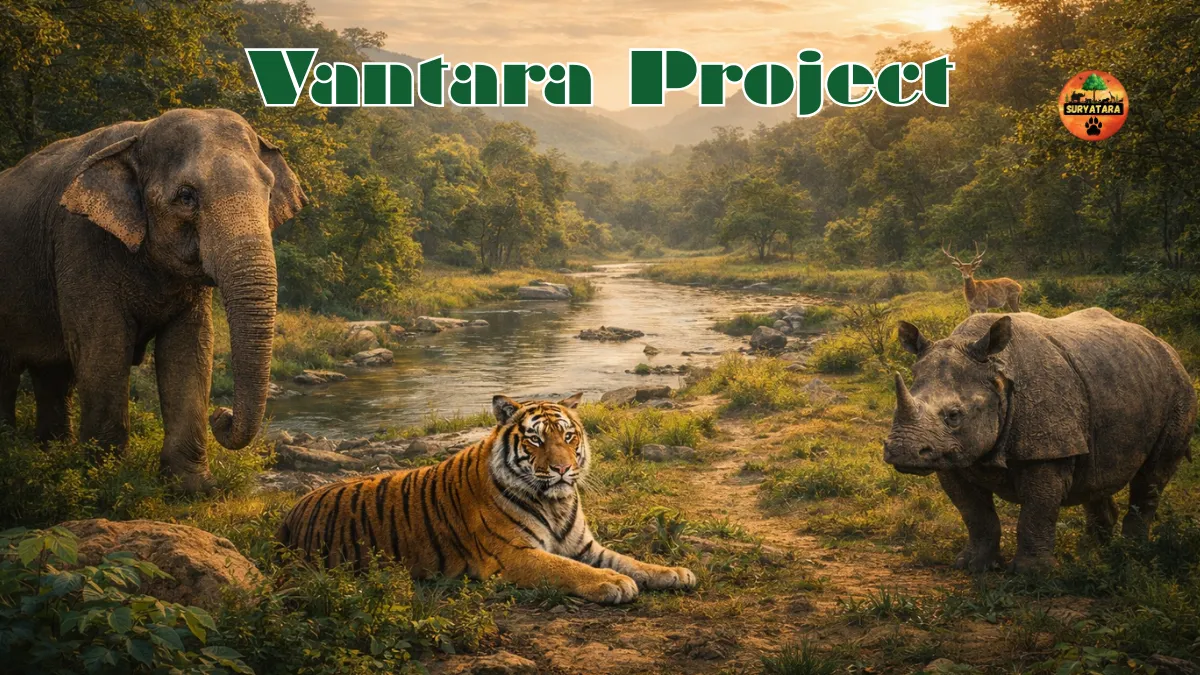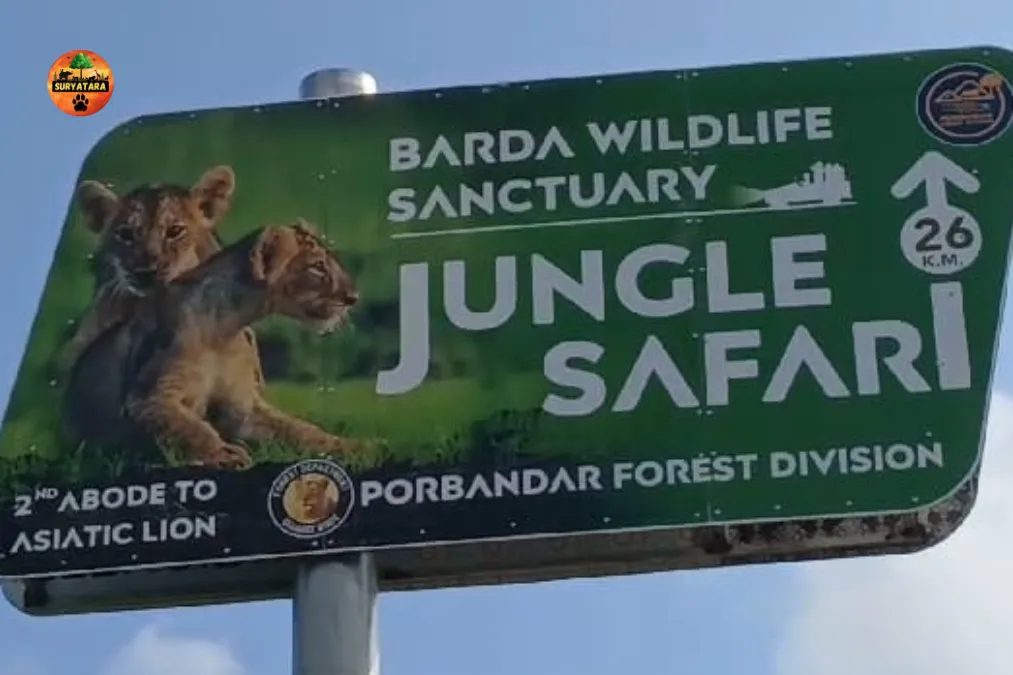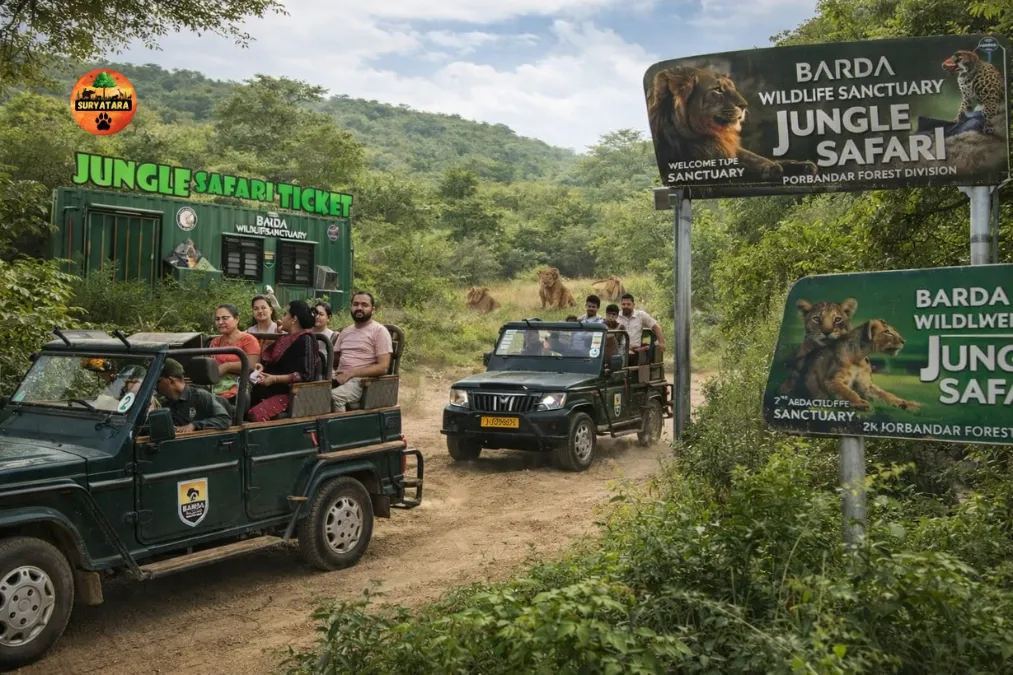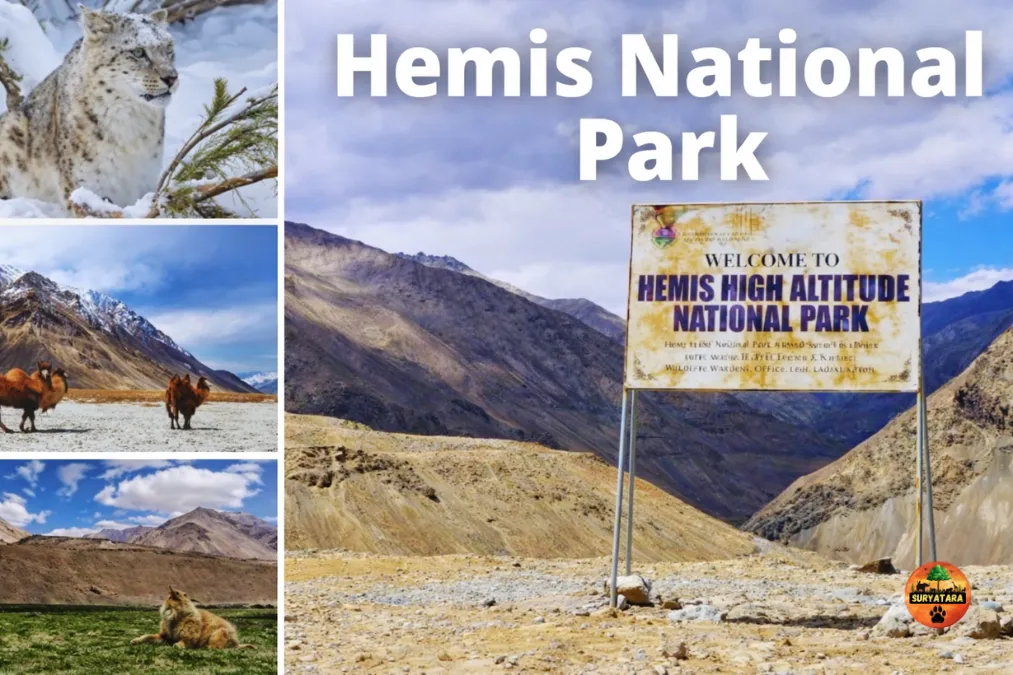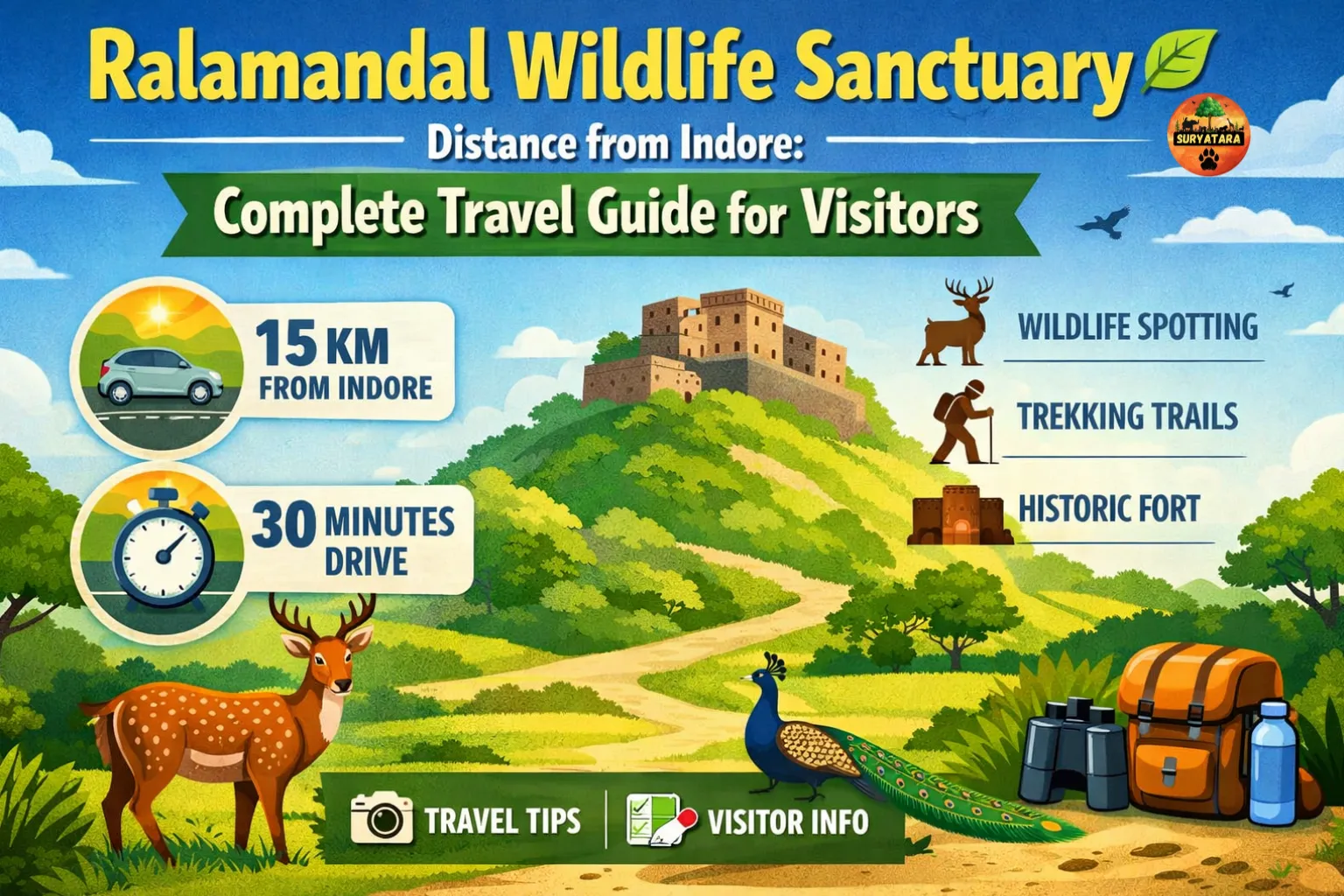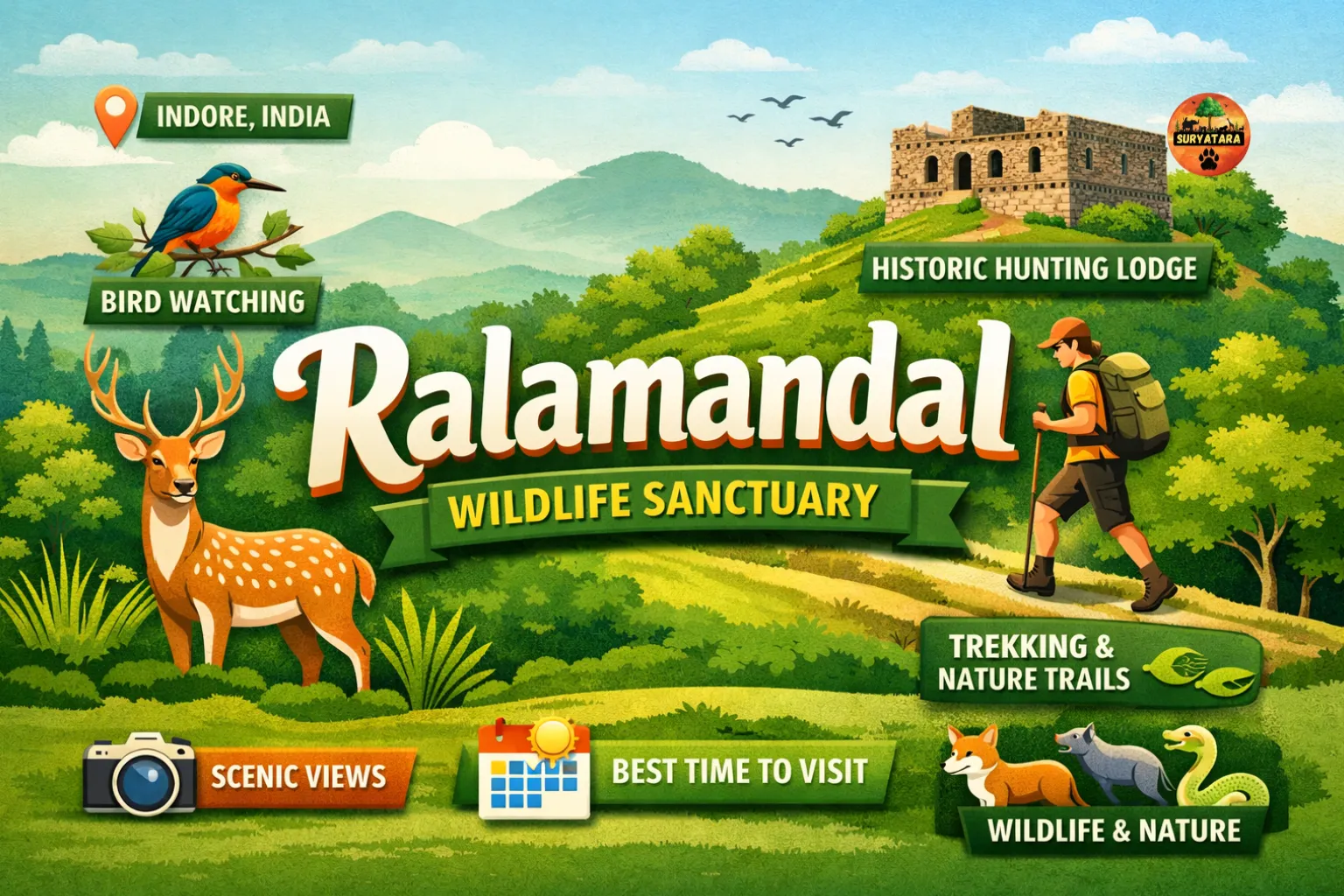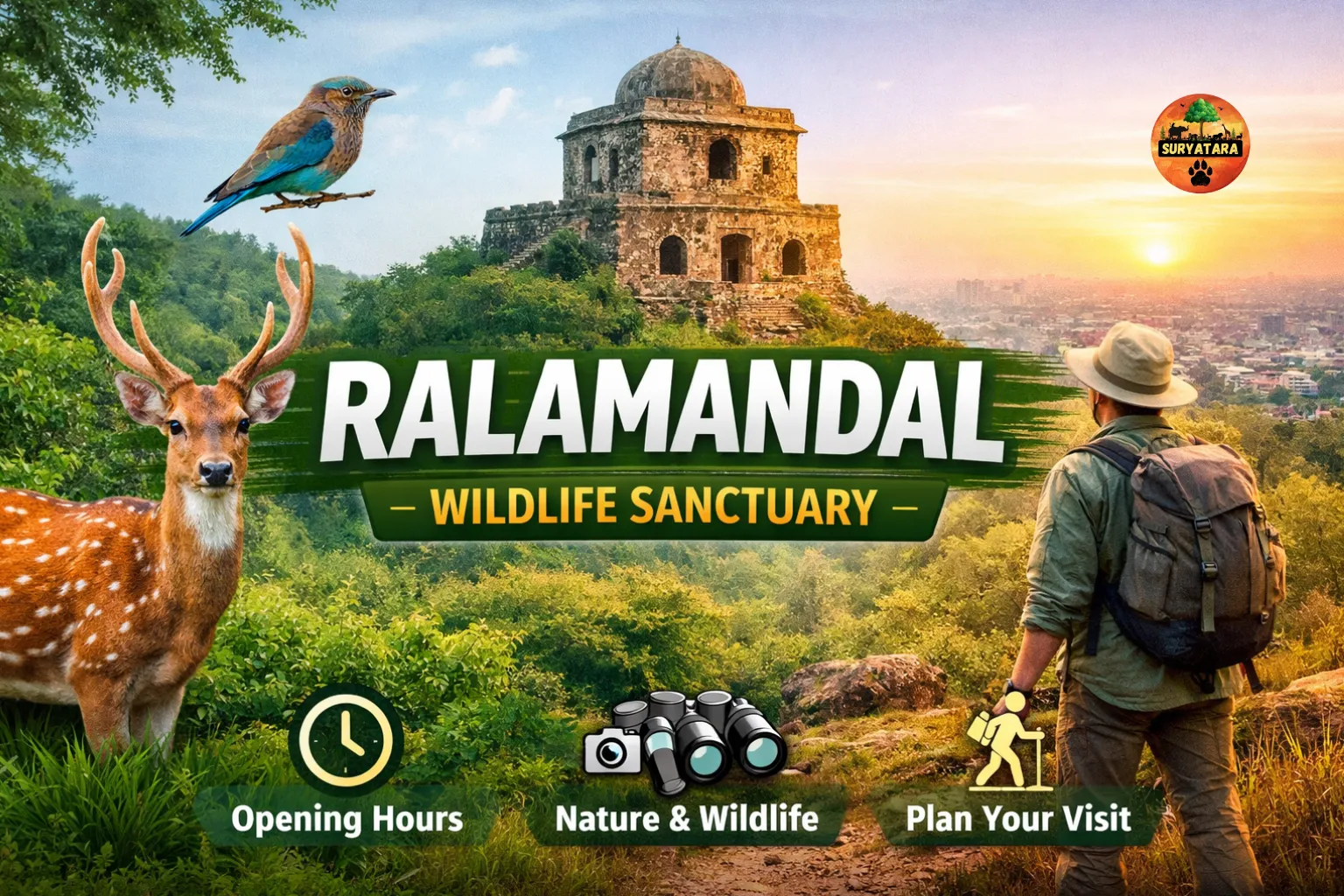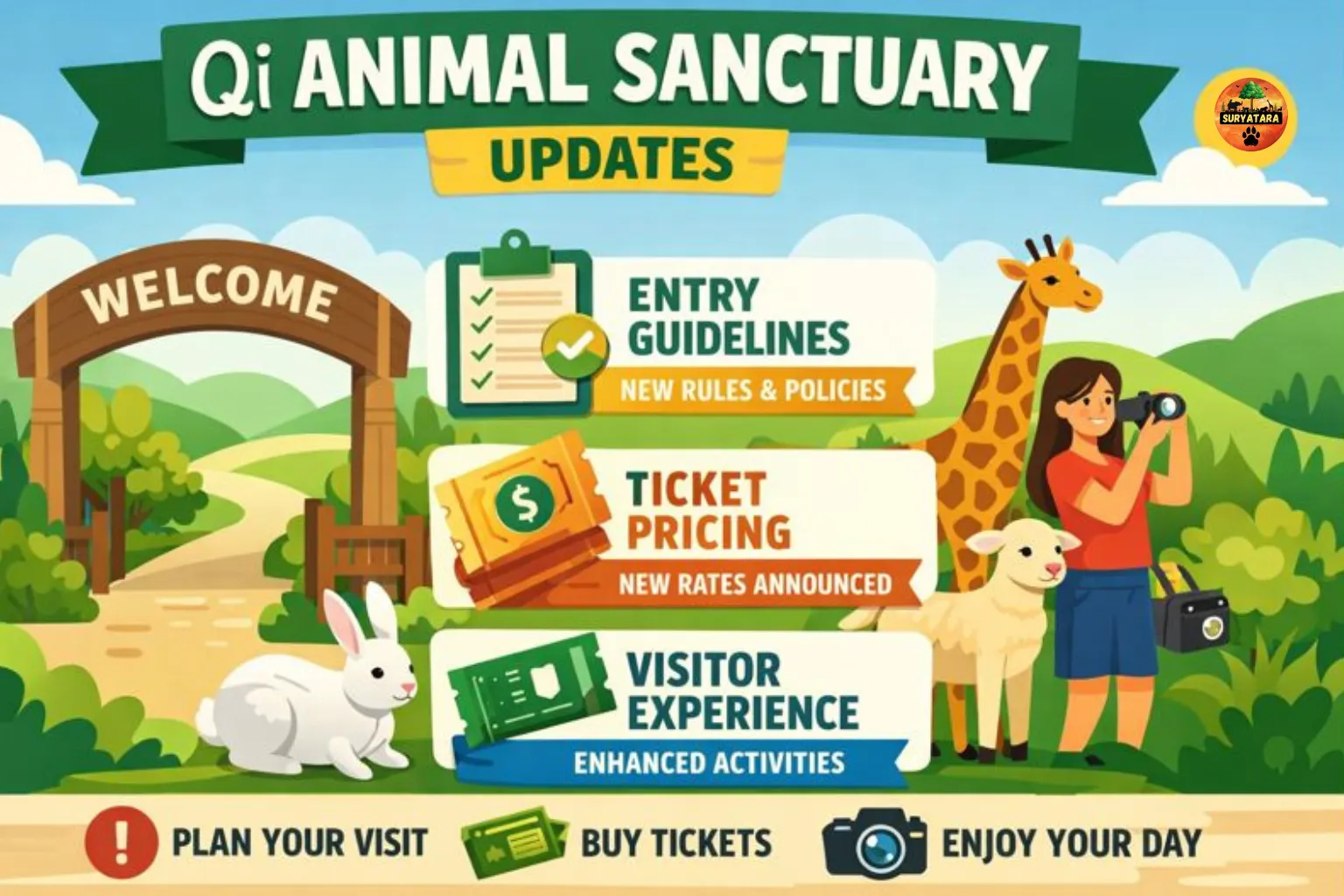Vantara, India’s pioneering wildlife rescue and conservation initiative founded by Anant Ambani, has once again taken a landmark step in advancing wildlife health management and veterinary sciences. On Monday, Vantara inaugurated its flagship Veterinary Training Course on “Introduction to Conservation Medicine” at its world-class facilities in Jamnagar, Gujarat.
The launch of this programme not only marks a milestone in India’s conservation journey but also sets a new benchmark for professional training in wildlife medicine, animal welfare, and biodiversity preservation. Over the course of three days, experts, veterinarians, and wildlife specialists will gather to strengthen their skills, exchange knowledge, and explore innovative approaches to caring for animals under human and wild environments.
Eminent Dignitaries Grace the Inaugural Ceremony

The inauguration ceremony was attended by distinguished personalities from the field of forestry, veterinary sciences, and wildlife management. Among the key dignitaries were:
- Dr. V. Clement Ben, IFS, Member Secretary, Central Zoo Authority
- Digvijay Singh Khati, Former PCCF & CWLW, Government of Uttarakhand
- Dr. Pradeep K. Malik, Former Senior Professor & Head, Wildlife Institute of India
- Dr. Brij Kishor Gupta, Director, Greens Zoological Rescue and Rehabilitation Centre (GZRRC)
Each of these esteemed guests addressed the gathering, emphasizing how this initiative represents a forward-thinking approach to bridging science, conservation, and animal care. They highlighted the urgent need for building a stronger veterinary network in India, especially in the context of rising challenges such as climate change, habitat loss, and zoonotic diseases.
Training Programme: Dates, Structure, and Objectives
The three-day programme, held from August 18 to August 20, has brought together 54 veterinarians representing zoos, rescue centres, and wildlife facilities across India. The course is designed to enhance practical expertise, strengthen emergency response systems, and introduce modern preventive healthcare methods tailored for wild and captive animals.
Key Details of the Training Programme
| Aspect | Details |
|---|---|
| Event Name | Veterinary Training on Introduction to Conservation Medicine |
| Organized by | Vantara, Jamnagar, Gujarat |
| Dates | August 18 – August 20 |
| Participants | 54 veterinarians from across India |
| Facilities Used | Wildlife Multispecialty Hospital, Cheetah Conservation Centre, Elephant Care Centre, Rescue Centre for Herbivores |
| Focus Areas | Wildlife health management, disease surveillance, diagnostics, preventive care, emergency response, zoonotic risks |
| Organizing Initiative | Healing the Wild (Vantara’s flagship programme) |
The course blends classroom learning, clinical demonstrations, and immersive field experiences, ensuring that participants not only understand the theoretical framework but also gain hands-on exposure to real-world veterinary practices.
World-Class Training Facilities at Vantara
One of the highlights of the programme is that it takes place within Vantara’s advanced facilities in Jamnagar. These centres are specially designed to meet international standards in animal care and veterinary science:
- Wildlife Multispecialty Hospital – A cutting-edge facility providing advanced treatment and surgical care for wild animals.
- Cheetah Conservation Centre – A specialized habitat aimed at rehabilitation and health management of cheetahs.
- Elephant Care Centre – Dedicated to the health, nutrition, and well-being of elephants, including podiatry and dental care.
- Rescue Centre for Herbivores – Designed to shelter and treat rescued herbivores, ensuring their rehabilitation and survival.
By allowing participants to train at these facilities, Vantara ensures that Indian veterinarians are equipped with global best practices, while also being rooted in India’s unique wildlife context.
Key Topics Covered in the Training
The veterinary course at Vantara covers a wide range of themes that are crucial for both preventive and emergency wildlife healthcare. These include:
- Emergency Field Response – Techniques for handling critical situations, rescues, and medical emergencies in the wild.
- Anaesthesia and Clinical Care – Latest methods in wildlife anaesthesia, diagnostics, and post-treatment monitoring.
- Disease Surveillance and Zoonotic Risks – Identifying, tracking, and preventing diseases that can spread between animals and humans.
- Preventive Healthcare – Best practices in nutrition, dentistry, podiatry, and reproductive health management for long-term animal welfare.
- Diagnostics and Laboratory Methods – Advanced tools and techniques for identifying and treating diverse species.
- Conservation Medicine – Integrating ecological, veterinary, and human health principles for sustainable conservation.
Voices from the Event
Speaking at the inauguration, Dr. Brij Kishor Gupta, Director of the Greens Zoological Rescue and Rehabilitation Centre (GZRRC), said:
“This programme underscores Vantara’s commitment to building a robust veterinary network dedicated to wildlife conservation. By equipping veterinarians with practical expertise and exposure to global best practices, we aim to enhance the long-term care of animals and contribute meaningfully to safeguarding India’s rich biodiversity.”
His remarks highlight how Vantara envisions a future where well-trained veterinarians are at the heart of India’s conservation efforts, ensuring that rescued, rehabilitated, and captive animals receive the highest standard of care.
Healing the Wild – Vantara’s Flagship Initiative
The training is being conducted under Healing the Wild, one of Vantara’s most ambitious initiatives. This programme is focused on:
- Advancing veterinary care
- Promoting scientific wildlife management
- Supporting government-led conservation efforts nationwide
As part of this initiative, Vantara has hosted several landmark events and continues to play a central role in capacity-building and collaboration. Some of the recent and upcoming events include:
- National Gajsevak Sammelan (focused on elephant welfare and management)
- International Training for Wildlife Officials from Congo (cross-border collaboration)
- National Veterinary Training on Conservation Medicine (the current event)
- National Zoo Directors’ Conference (scheduled for October)
These events provide a knowledge-sharing platform for experts, policymakers, and wildlife managers, ensuring a holistic approach to conservation.
Also read: Best Affordable Camera for Wildlife Photography for Beginners and Travelers
Vantara’s Larger Mission in Conservation
Vantara is home to over 150,000 animals from more than 2,000 species, supported by a dedicated team of 3,500+ professionals. The initiative stands as a living example of how compassionate care, scientific research, and global collaborations can transform lives—both human and animal.
The initiative is not only about rescue and rehabilitation but also about capacity-building, education, and awareness, ensuring that India continues to lead in wildlife conservation on a global scale.
Also read: Wildlife Photographer of the Year: Celebrating Nature’s Finest Moments
Certificates of Participation and Future Outlook
At the end of the training programme, on August 20, all participating veterinarians will be awarded Certificates of Participation during the valedictory session. This will mark the successful completion of the course and encourage professionals to implement their learnings in their respective organizations.
By creating a network of highly skilled veterinarians, Vantara is building the foundation for a resilient wildlife healthcare system in India—one that is prepared for emergencies, proactive in disease prevention, and committed to the highest standards of animal welfare.
Also read: Top Endangered Species in the World and Their Survival Challenges
Conclusion
The Veterinary Training on Conservation Medicine at Vantara is more than just a course; it is a vision for the future of wildlife healthcare in India. With the involvement of leading experts, cutting-edge facilities, and a spirit of collaboration, this initiative is set to leave a lasting impact on India’s conservation landscape.
As the world grapples with the challenges of climate change, biodiversity loss, and human-wildlife conflict, programmes like this prove that solutions lie in knowledge, compassion, and collaboration. Vantara’s efforts not only safeguard India’s rich biodiversity but also inspire a global movement towards sustainable and ethical wildlife conservation.


